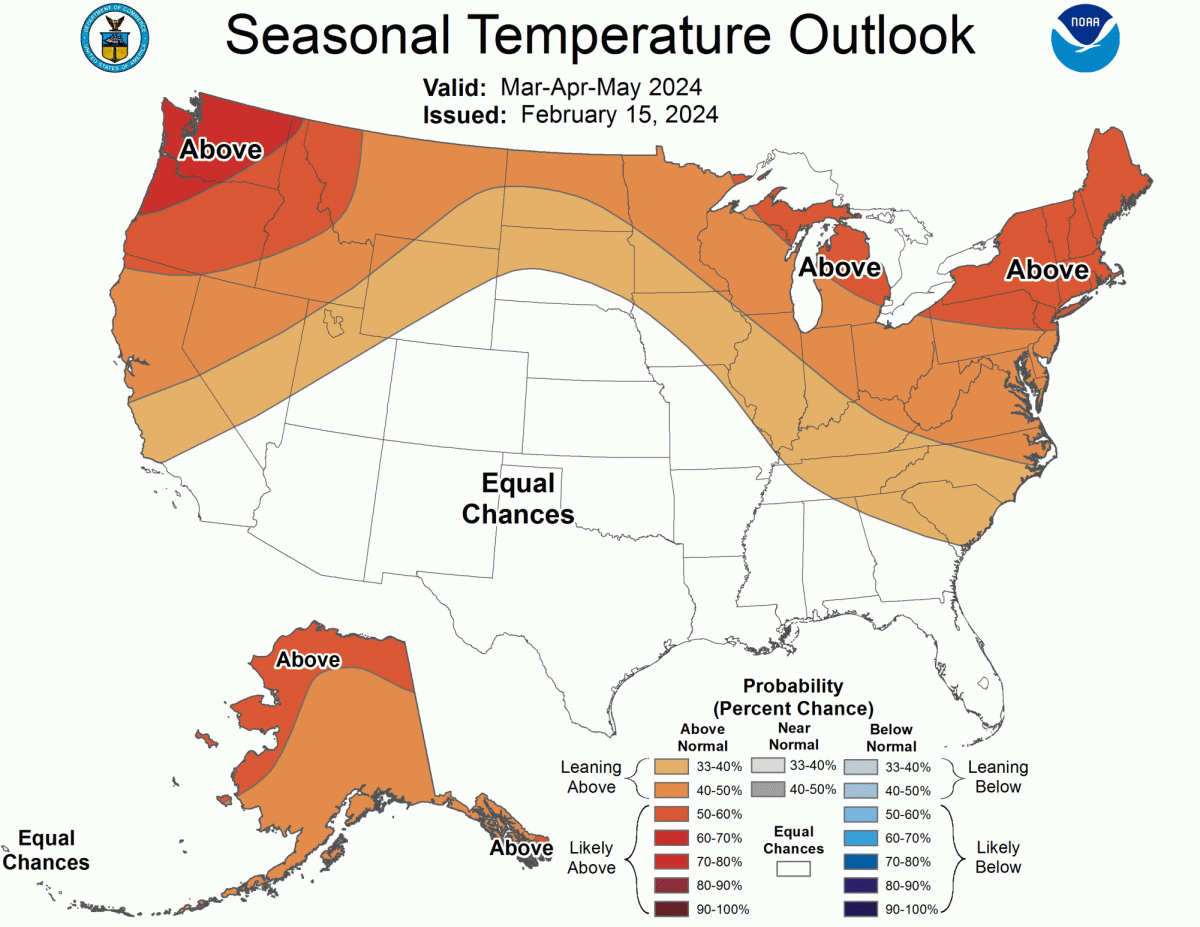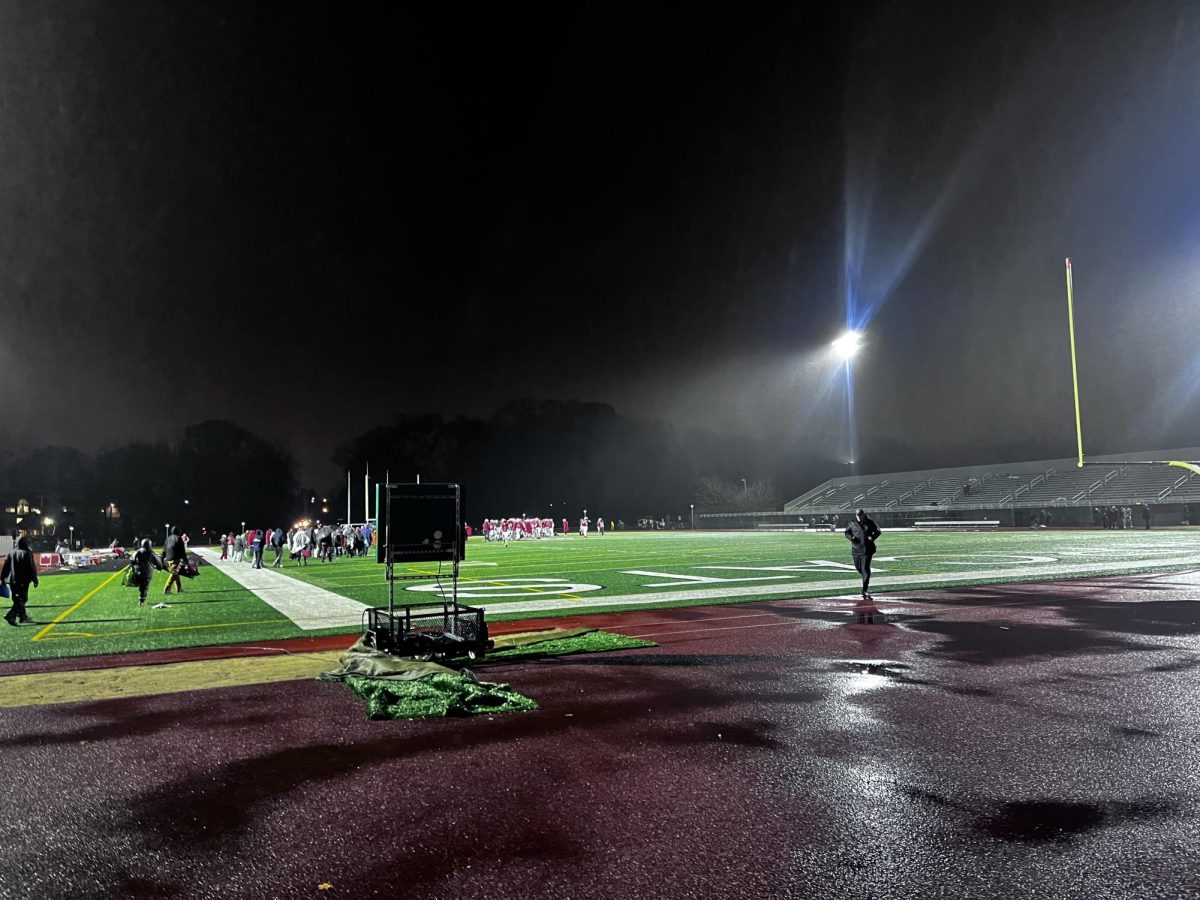Ryan Palko `14
Recently, PBS NewsHour covered a story about a US Veteran dying from an overdose of oxycodone. This medication is an opiate prescription painkiller. He was given this drug after he sustained a groin injury when a rocket-propelled grenade (RPG) hit him while serving in Afghanistan. He was prescribed prescription painkillers to cope with the pain, but due to his unstable mental state he developed an addiction. The Army was aware of his opiate addiction and checked him into a medical facility to get clean. He got clean from his addiction, yet he left the treatment center with more addictive medication. This only fostered his addiction and eventually led to his death outside of a motel. He passed out trying to get into his room only to be found dead an hour later by medical professionals.
Since his death, the Veterans Administration (VA) Hospital at which he was treated has seen an increase in prescriptions for painkillers. Also out of all the VA Hospitals the one at which this man received treatment has written the most prescriptions for opiate painkillers. This hospital’s prescription rate for four highly addictive painkillers has risen by 270% since the war in Afghanistan began. This shows that patients are being unnecessarily over-medicated and that medication is being prescribed as a quick fix. The doctors have limited time due to a packed schedule with patients. The way these doctors get through their caseload is by prescribing medications; it is the quickest and easiest way to treat veterans’ problems. Yet these prescription opiates hurt veterans more than they help them. Veterans’ mental conditions are affected by from the explosions they face during war. Their heads are already shaken up and by taking prescription painkillers their thinking problems become worse.
The Veterans Administration has known since 2011 that deaths at their hospitals from overdose on these medications are two times the national average. There have been cases where the VA knew patients were addicts yet they continued to supply these pills. No legislation has been enacted to help these veterans yet.
Data obtained from Dec. 7th, 2013 PBS NewsHour Podcast titled “For some wounded veterans, strong prescription drugs can be cause of more pain.”
picture: http://www.kirk.senate.gov/?p=press_release&id=501











